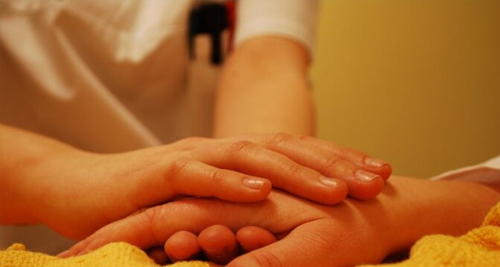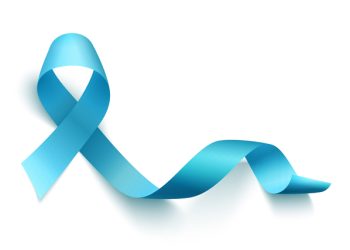Treatment for Anorexia Nervosa
Treatment for anorexia nervosa must address both physical and psychological health, and typically requires a multidisciplinary approach involving doctors, dietitians, psychologists, and sometimes hospital care.
1. Nutritional Rehabilitation
- The first priority is to restore healthy weight and correct nutritional deficiencies.
- A registered dietitian will create a meal plan that gradually increases food intake.
- Education about food, hunger cues, and metabolism is essential.
2. Psychological Therapy | Treatment for anorexia nervosa
- Cognitive Behavioural Therapy (CBT-E) – helps patients challenge distorted thoughts about food, weight, and self-worth.
- Family-Based Therapy (FBT) – especially effective for adolescents, involving parents in the refeeding process.
- Dialectical Behaviour Therapy (DBT) – helps regulate intense emotions and reduce self-harming behaviour.
- Group therapy or support groups – promote connection and reduce isolation
3. Medical Monitoring | Treatment for anorexia nervosa
- Ongoing check-ups for heart health, bone strength, hormone levels, and electrolyte balance
- May require hospitalisation for severe malnutrition, bradycardia, or organ failure
4. Medication
- No medication cures anorexia, but antidepressants or anti-anxiety medications may help with co-existing mental health conditions.
5. Hospital or Inpatient Care
- Required when weight drops dangerously low or the person is at risk of self-harm or medical collapse
- Facilities may offer intensive refeeding, therapy, and 24/7 care
In South Africa, treatment is available at some private psychiatric units and eating disorder clinics. Access in the public sector remains limited, highlighting the need for awareness, early intervention, and referral systems.
Let’s now explore the complications that may arise from anorexia if left untreated.
👉 [Next: Complications of Anorexia Nervosa]


